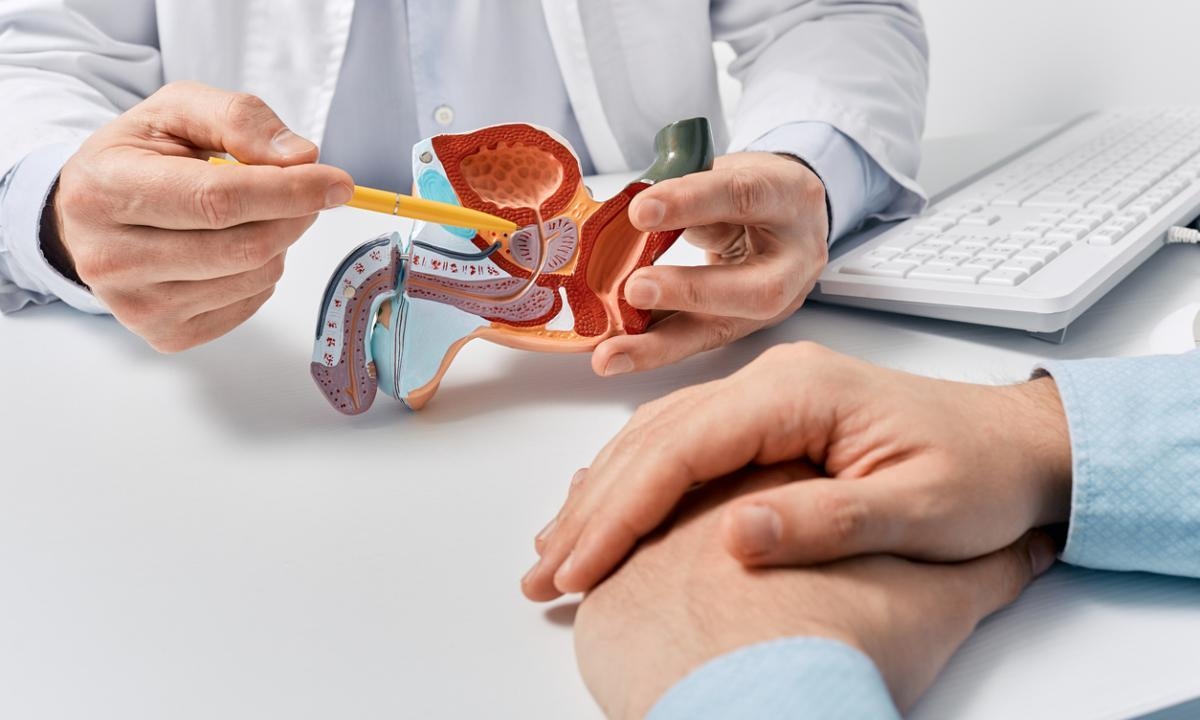
You Need to Sleep!
Is your sleep suffering? Can't sleep at all? Let’s talk about sleep, sleep hygiene, and ways to improve it. Quality sleep is essential to feeling well and chronic lack of sleep can have medical consequences and make it hard to recover from an illness like depression. We feel lousy when we have a lack of sleep!
How to Sleep Better: Sleep Hygiene
You may be able to improve sleep by practicing better sleep hygiene. Sleep hygiene is really about getting back to basics: minimizing disruptions while sleeping, maximizing comfort, and identifying things interfering with sleep while adding things to improve sleep. Here is a link to a great review of sleep hygiene that will help you figure out how to improve your sleep problems.
There are often a lot of things we can do on our own to help get a better nights sleep.
- Eat healthily and time it right.
- Get regular exercise
- Moderate alcohol use: The Truth About Alcohol and Sleep
- Get outside
- Keep a regular sleep schedule
- Don't nap!
- Have caffeine only in the morning: Coffee Before Bedtime?
Optimize Your Environment: Improve Sleep With a Weighted Blanket
Sleep Problems and Sleep Cycle
There are different stages of sleep:
- Stage 1: Light sleep.
- Stage 2: Onset of sleep
- Stage 3: Transition from light to deep sleep
- Stage 4: Deep sleep
- Stage 5: Dream sleep (REM sleep)
One cycle takes approximately 90 minutes to complete and happens 4-5 times per night.
Insomnia can involve difficulty falling asleep, difficulty staying asleep, non-restorative sleep or some combination of all of these. We need to get into a deep sleep to feel restored and rested.
There are many medical conditions (think sleep apnea) and substances that can interfere with the sleep cycle. An important part of treating insomnia is figuring out what the source of it is.
Suffering from Lack of Sleep? What are Your Sleep Requirements?
Different people require different amounts of sleep to feel well. I would LOVE it if I felt great with 5 hours of sleep but I just don’t. I know some people who feel their best at 9 hours and lousy at 8. What is your optimum amount? To understand more about your sleep need and the effects of sleep deprivation visit this link.
Can't Sleep? Sleep Debt Happens
Unfortunately, when we don't sleep enough we accumulate a SLEEP DEBT! There are a lot of consequences to chronic sleep debt including obesity, diabetes, heart disease, memory impairment, and stroke.
Dr. Sharon T. McLaughlin writes a great review of insulin resistance. This can be caused by not sleeping enough and is a common reason why people with sleep apnea gain weight. Dr. McLaughlin says, "Studies show that untreated sleep problems such as sleep apnea can increase the risk of obesity, insulin resistance, and type 2 diabetes".
Luckily research has shown these changes in our body can be reversed by repaying sleep debt. Here is a great summary which includes suggestions on how to repay your debt.
Evaluating Sleep Problems: Epworth Sleepiness Scale
If you find yourself dragging during the day, the Epworth Sleepiness Scale is a rating scale that can determine your level of sleepiness. If you score 10 or above it is recommended you have an evaluation for a possible sleep disorder or an underlying condition affecting your sleep. Here is a link to take the test.
For other general sleep information, I recommend the Ohio Sleep Medicine Institute which maintains a fantastic website. It includes information on a plethora of sleep topics pertaining to both children and adults. Go check it out and then get to sleep!
Want More Information on How to Sleep Better?
8 Great Options to Treat Insomnia (Without Medication)
Sleep and Aging: What happens to our sleep and how to make it better
6 Things People With ADHD Can Do to Get More Sleep
7 Ways to Sleep Better Tonight!
A version of this article first appeared here.
Trending
-
1 Mental Health Absences Cost NHS £2 Billion Yearly
Riddhi Doshi -
2 Gut Check: A Short Guide to Digestive Health
Daniel Hall -
3 London's EuroEyes Clinic Recognised as Leader in Cataract Correction
Mihir Gadhvi -
4 4 Innovations in Lab Sample Management Enhancing Research Precision
Emily Newton -
5 The Science Behind Addiction and How Rehabs Can Help
Daniel Hall





Comments